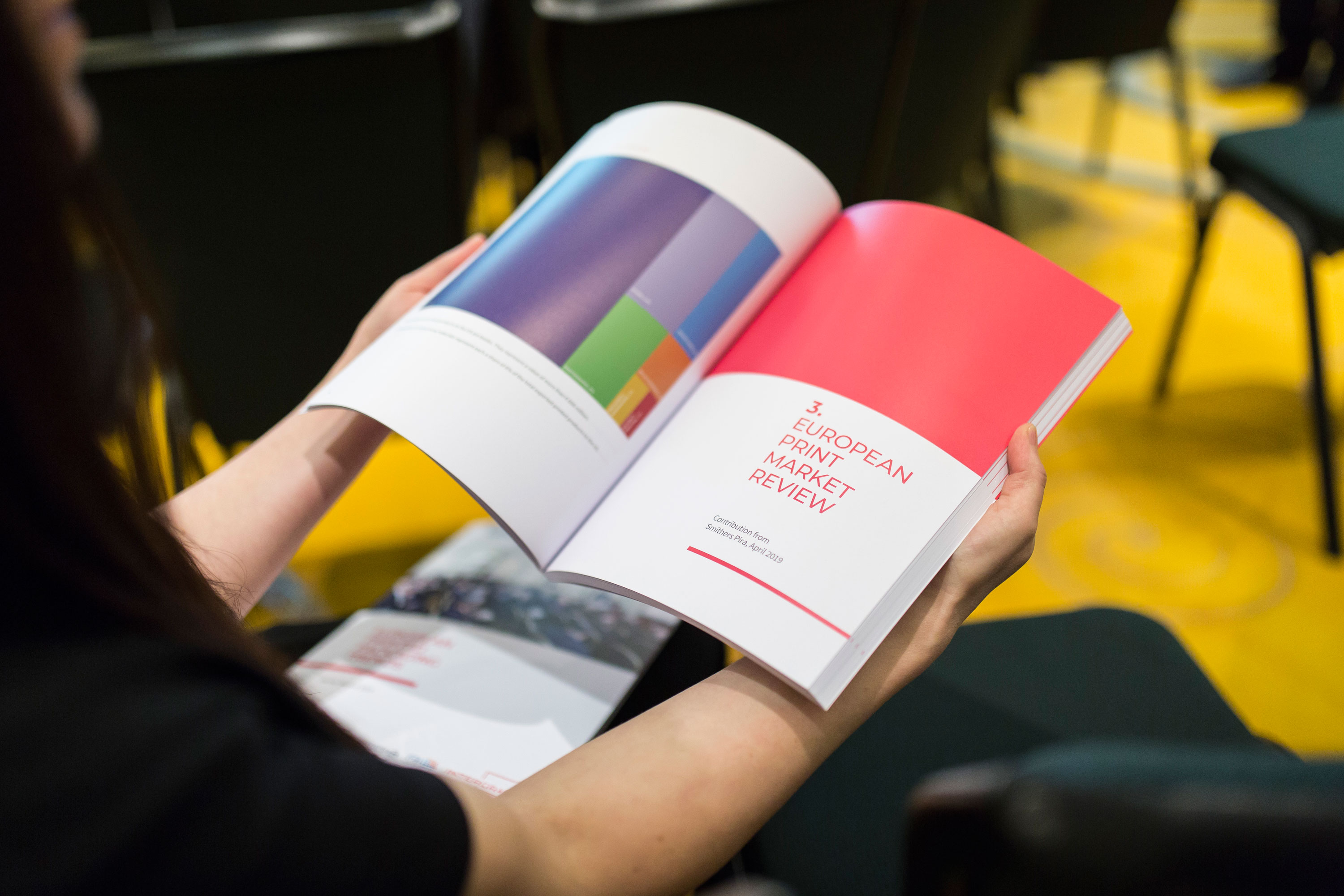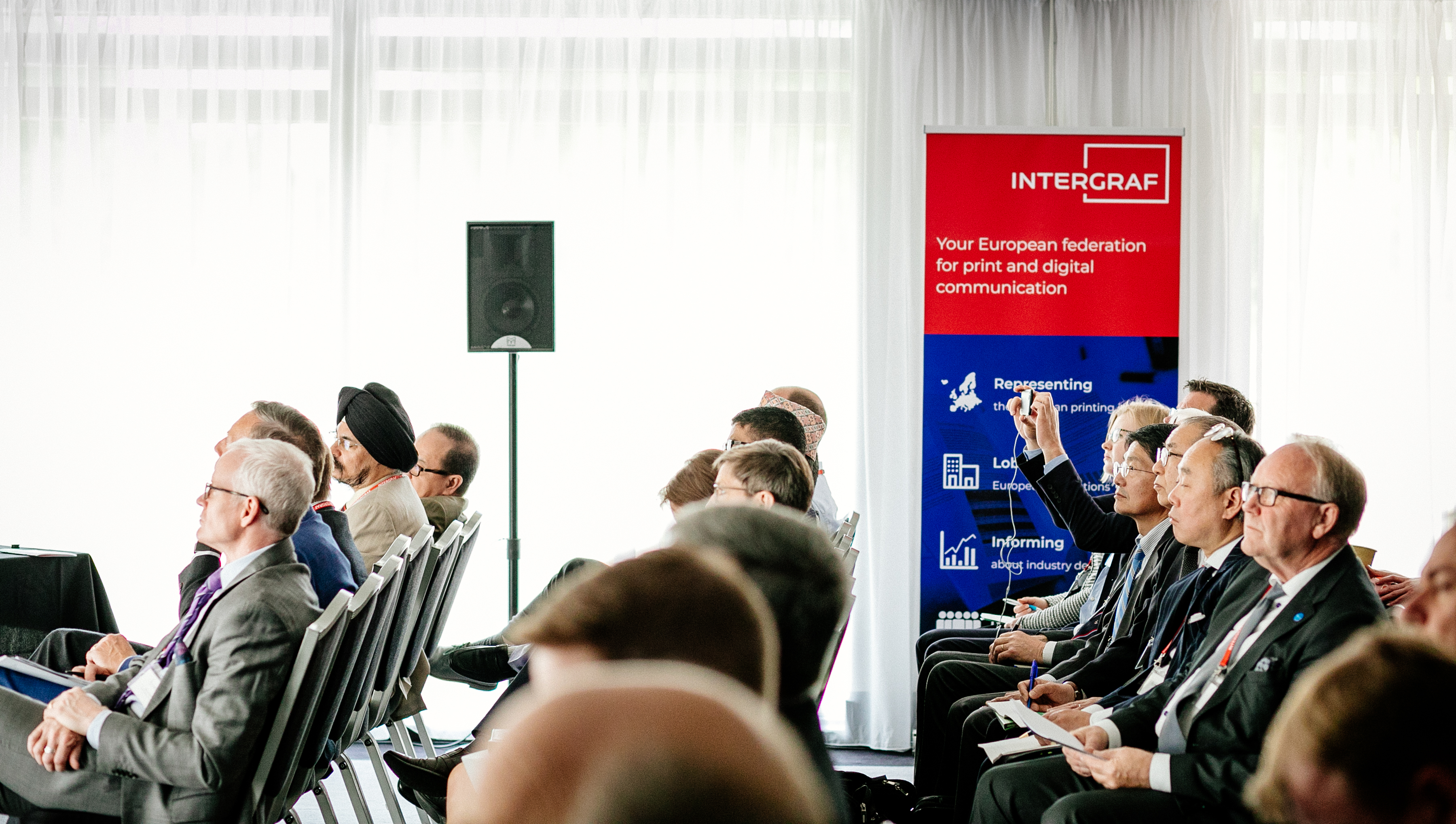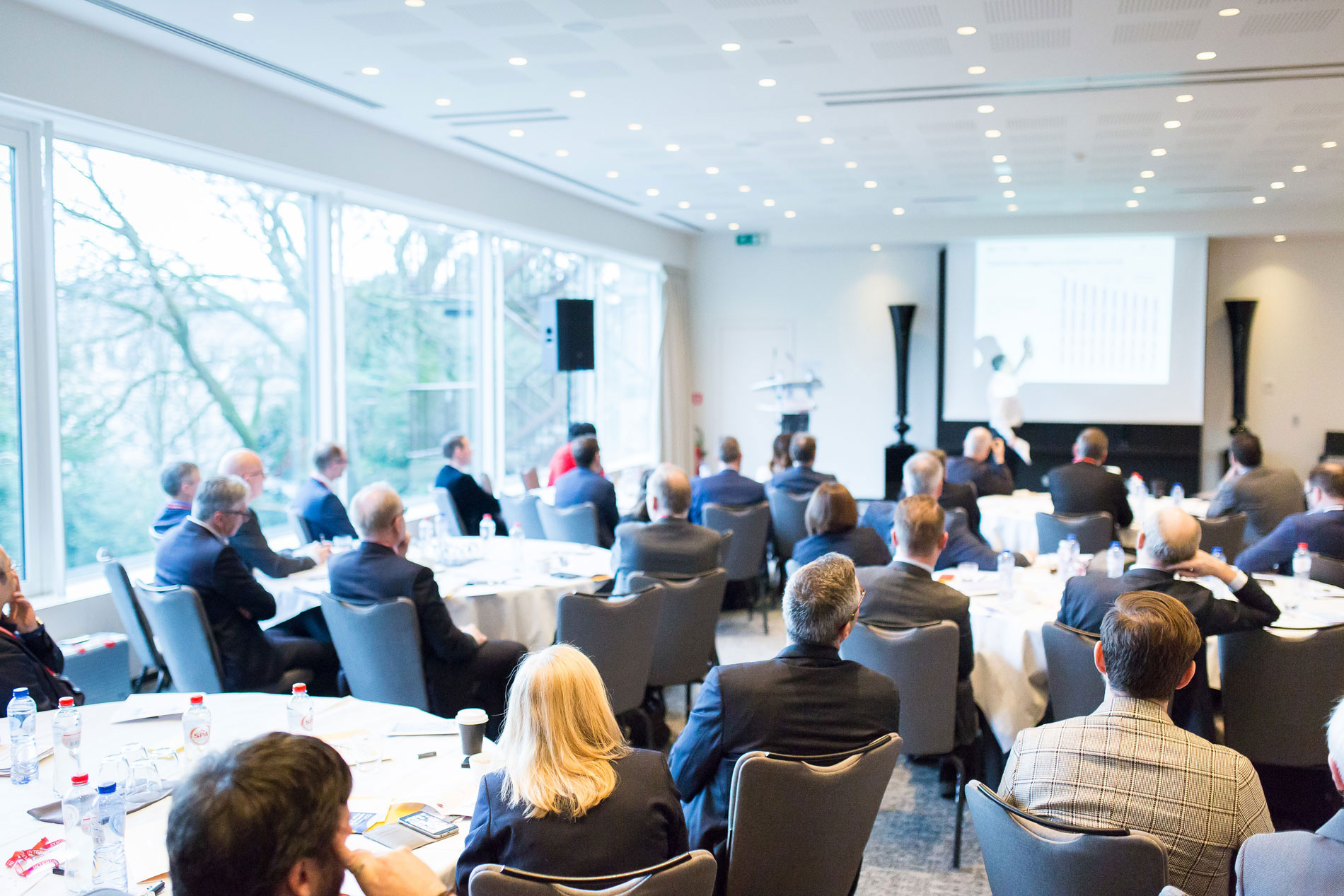Open letter - joint reaction to DG Connect's paper-free communication policy
25 September 2013
Open joint-letter reaction to DG Connect paper-free communication policy
{K2Splitter}It has come to our knowledge that DG Connect is moving this year to a ‘paper-free’ communication policy.
Our associations are part of the print value chain, including paper manufacturing, printing, postal services and direct marketing. We want to make you aware that paper-based communication is critically important for millions of Europeans – especially seniors and the 22% of European citizens without online access. Yet these stakeholders will be left behind and excluded from your communication if it becomes paperless.
The EU Info Points for example are a very important and highly appreciated source of information about the European Union for its citizens. Putting this new strategy into place will mean that DG Connect is the only Directorate General not being present with printed material, resulting in a loss of visibility to the citizens. We do hope that DG Connect realises that with a paper free communication policy, it is not possible for citizens that do not have access to electronic media, to post any question or complaint on the European market to DG Connect.
We embrace the development of digital communication and our industries are intensive users of digital technologies. We acknowledge that there are many potential benefits in terms of speed and ease of access to information.
We however assert that there are also many benefits of retaining the use of paper and print media in a multi-channel communication and that it does not conflict with but rather complement the use of electronic media.
Printed communication is efficient and persuasive, it has authority and longevity, it is creative and tactile - and it has impact. Addressed direct mail is cited as the top medium for deliver-ing return of investment with 52% rating it as very effective1. Research also shows that read-ing on a computer screen leads to poorer reading comprehension than reading the same text on paper.
It is crucial to preserve paper-based options for all Europeans who wish to access information. We can go digital without discriminating against Europeans who may not, or cannot, use technology. By getting this right, we will bridge the digital divide and achieve significant efficiency gains—without shifting costs to consumers who can least afford them.
Moreover it should be acknowledged that cost reductions in storage and distribution for pa-per publications, as claimed by DG Connect, will be counter-balanced by increased costs in energy consumption, electronic storage requirements, technology maintenance and software purchasing. Most importantly going digital will simply shift printing costs to the citizens.
We recognise that the Commission should embrace new media, but we regret that DG Connect abandons the use of other highly efficient communication media. Improving communication strategies should not be assimilated to relying on digital media only.
Furthermore, the communication strategy adopted by DG Connect also undermines part of the European industry, which represents over 6 million jobs in Europe.
We encourage DG Connect to reconsider the announced paper-free strategy as not to discriminate against millions of Europeans that are stakeholders of the European Commission.
Yours sincerely,
Beatrice Klose, Secretary General, Intergraf
Teresa Presas, Director General, CEPI
Dieter Weng, Director General, FEDMA
Lisa Kretschmann, Director General, FEPE






